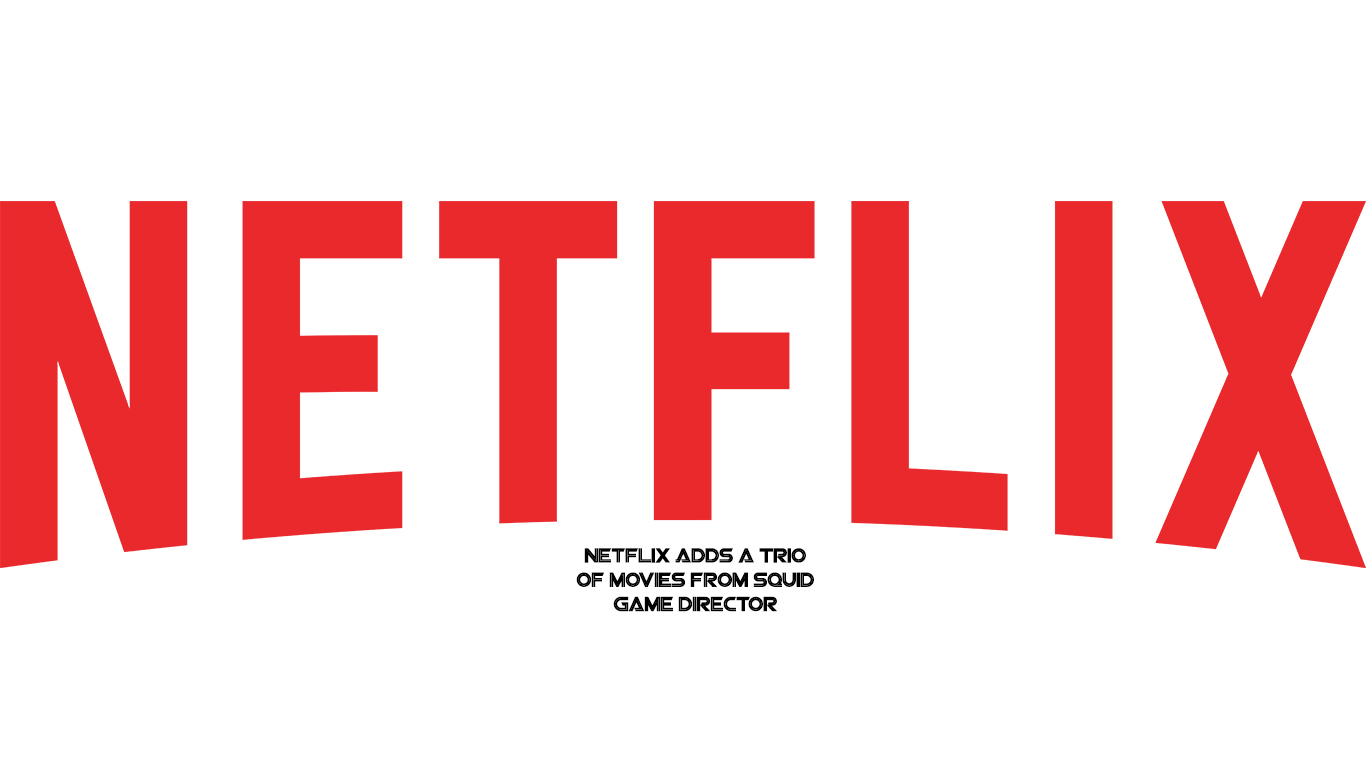Do you think Netflix made the right decision adding the trio of movies from the director of squid game? Hwang Dong-hyuk is known for more than just the Netflix hit Squid Game, which garnered 111 million viewers in its first 17 days on the service.

According to the verge, he previously directed several critically acclaimed South Korean films, three of which Netflix is adding. Before creating the massively popular ‘Squid Game,’ Hwang Dong-hyuk directed a trio of films in Korea. All three are now streaming on Netflix for the first time.
Netflix Adds a Trio of Movies from Squid Game Director
Netflix isn’t giving up on Squid Game Fever that easily. While the hit show has come to an end for now (a second season is pretty much inevitable at this point), the streamer is offering up a few more unique creations from the show’s mastermind, Hwang Dong-hyuk.
Those creations are a trio of original features directed by Dong-hyuk in South Korea before he created the global television phenomenon we all know and love.
Silenced by Squid Game Director
The first one is titled Silenced (2011). It is based on Gong Ji-Young’s 2009 novel, The Crucible, the narrative centers around a teacher looking to expose sexual abuse at a school for the deaf.
“I did it intentionally to make people feel uncomfortable,” Dong-hyuk told The Chosun Ilbo, a major South Korean newspaper, in 2011 while discussing Silenced. “I thought about two things when making this film.
First, I wanted to let the world know about this horrific incident. Secondly, I wanted to expose the structural problems of society as revealed during the process of how the case was buried. The scenes of sexual violence and the morbid, unhappy ending were therefore inevitable.”
Miss Granny
According to SYFY WIRE, the second one is Miss Granny (2014), a sort of reverse 13 Going on 30 stories about an elderly widow who miraculously regains her youth just as she’s about to be sent to a retirement home.
Chatting with The Dong-a Ilbo (another Korean media outlet) in 2014, Dong-hyuk was asked about the message of the movie.
“Our mothers and grandmothers have lived not for themselves,” he explained. “I wanted to say that their lives were worth living and comfort them about their lives. I want to say that they could live freely in another life.”
The Fortress
Lastly, we have The Fortress (2017), which was adapted from Kim Hoon’s 2007 novel, Namhansanseong. The project is a historical war epic in which “King Injo and his retainers hold their ground at Namhansanseong, a historical mountain fortress,” reads the plot description from Netflix.
It’s based on a real-world invasion of Korea that took place in the 17th century during the reign of the Joseon dynasty.
“As you saw in the movie, in the novel it depicts the winter scenery around the fortress, and the whole thing is so tragic and so painful. But at the same time, when you look at the landscape covered by the snow and ice, it’s rather beautiful,” Dong-hyuk remarked in 2017 when asked about the origins of his desire to adapt the novel.
“It’s kind of ironic what I felt while reading the novel I wanted to take the beauty of the landscape and the scenery onto a big screen through my camera.” he also added.



